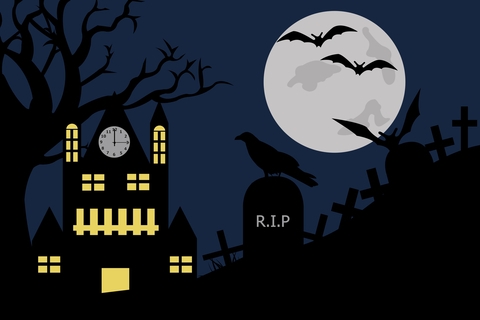
Once Upon a Time Challenge: Messenger by Lois Lowry
 This is my second post for the 2013 Once Upon a Time challenge over at Stainless Steel Droppings. (The first was Lavinia by Ursula K. Le Guin.) As I mentioned, I’m doing Quest the Second, which calls for the reading of one mythology, folktale, fairy tale, and fantasy book.
This is my second post for the 2013 Once Upon a Time challenge over at Stainless Steel Droppings. (The first was Lavinia by Ursula K. Le Guin.) As I mentioned, I’m doing Quest the Second, which calls for the reading of one mythology, folktale, fairy tale, and fantasy book.
 After reading Messenger by Lois Lowry, I dithered over classifications and finally decided to put this novel in the fairy tale category. I think the forest was the tipping point. Midsummer Night’s Dream, “Little Red Riding Hood,” and “Hansel and Grettel” all feature a forest in which magical phenomena occur.
After reading Messenger by Lois Lowry, I dithered over classifications and finally decided to put this novel in the fairy tale category. I think the forest was the tipping point. Midsummer Night’s Dream, “Little Red Riding Hood,” and “Hansel and Grettel” all feature a forest in which magical phenomena occur.
The forest figures prominently in Messenger, the third book in The Giver series. In addition to the forest, the setting comprises a once utopian village and the cottage on the other side of the forest where Kira (the protagonist from Gathering Blue) lives.
The protagonist Matt has been living in Village since he was a youngster and has been more or less adopted by Kira’s father, a blind seer. Speaking of seer, everyone receives a name corresponding to his/her unique gift such as Leader, Seer, Mentor, and names can change—another reason I’m putting this into the fairy tale category. (Thanks, Carl, for that insight.) Matt is waiting for his name and is angling for Messenger as he is the conduit for missives between Village and other communities; hence, the eponymous title. However, Matt soon learns that he possesses another gift, the ability to heal. This gift takes center stage as his village is deteriorating and sorely in need of healing.
The once welcoming villagers are succumbing to intolerance and greed and lust, purchasing beauty and video games (how’s that for an authorial commentary?) and fencing in their community. Meanwhile, the forest becomes a character that reflects the villagers’ sins, metaphorically degenerating, reminiscent of the closeted picture of Dorian Gray. So we’re back to the forest, and this is where the rising tension and climax occur. Ironically, this is where I began to lose interest. The forest-as-metaphor-for-evil motif became repetitive.
The premise of the novel is good, and as long as we were with the villagers, I was fully engaged. The question is: Can the novel maintain your interest? Can Matt heal the villagers and the forest, and receive his name? (Okay, that was two questions.) Unless you possess Seer’s gift, you’ll have to read to find out.
I classified this novel as fairy tale, but Messenger could also fit nicely into mythology. I know some people are prickly about this word mythology when it comes to matters religious, but if you acknowledge entry #4 of Webster’s College Dictionary, which defines mythology as “a set of stories, traditions, or beliefs that have accrued around a particular person, event, or institution” there should be no problem. At any rate, Matt the protagonist is a clear Christ figure. There are many clues—you already have the gift of healing—and no, I’m not going to tell you all of them and spoil the fun of discovery. But email me once you read, and we can compare notes.
Having read the first three books in this tetralogy—The Giver, Gathering Blue, Messenger—I would rank them in exactly that order: Excellent, Very Good, Good.
The final book, Son, is now available, Have you read it? What did you think? How would you rate the others?
4 thoughts on “Once Upon a Time Challenge: Messenger by Lois Lowry”
Ooh, this looks interesting! I loved both “The Giver” and “Gathering Blue.” Strangely, I felt like the society in “Gathering Blue” was far more frightening than the one in “The Giver.”
Hi Grace,
Please let me know what you think after reading Messenger. I agree the Gathering Blue community was pretty scary whereas The Giver community was trying to be a benevolent (even though misguided) community. The lack of war and poverty was admirable, but that didn’t stop classism or other-ism.
I like having my students read Gathering Blue after The Giver because of the strong female protagonist. There still seems to be a lot of boy books out there. I’ll offer Messenger to interested students as well. Some have observed the forest section grows a little tedious.
Very interesting–I love the analogy between the forest and the portrait of Dorian Grey. I hadn’t thought of that, but it’s a great point.
I agree with you on your order/ratings of the three books, although I might say brilliant, very good, and acceptable. Fortunately, I thought Son was an improvement on Messenger, and a very satisfying conclusion.
I think you’re right–acceptable is a better rating. I have Son but haven’t felt the need to dip into it so far. So many books to read…